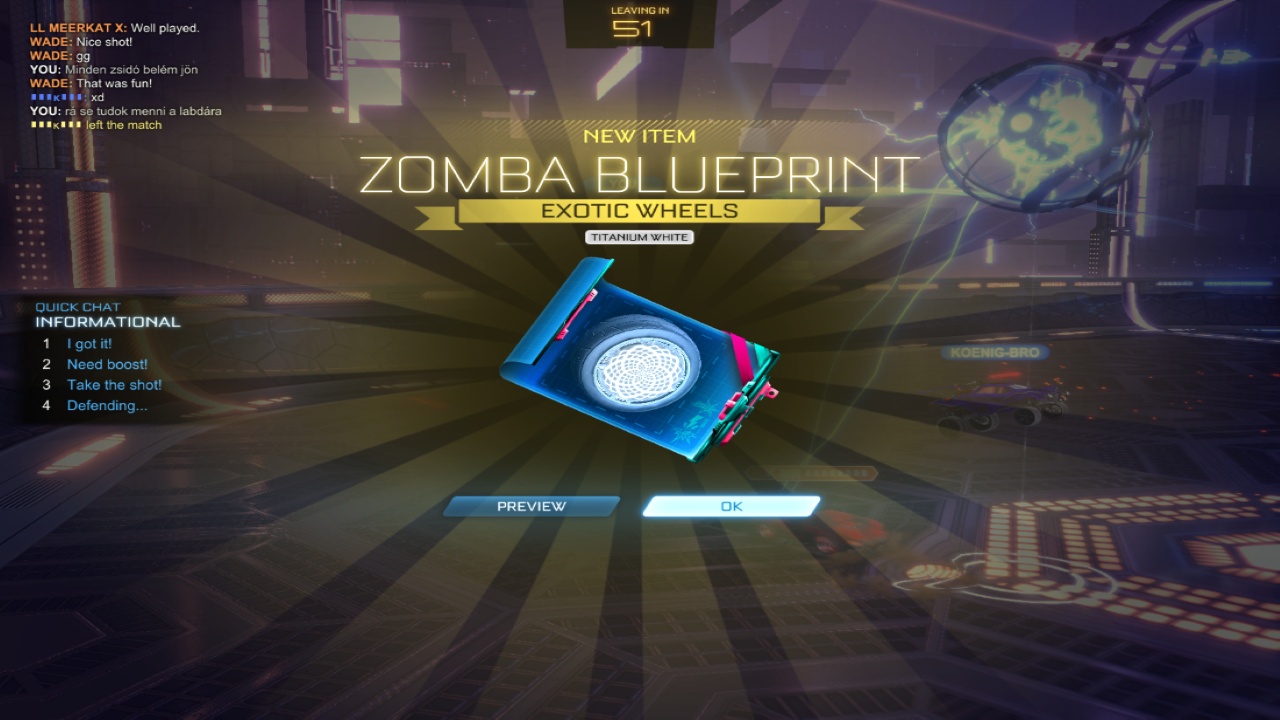The Entertainment Software Ratings Board backtracked a bit with its stance on loot boxes and in-game purchases. Instead of leaving it to parents to figure out the “in-game purchases” tag for themselves, the ESRB is now adding a new “(Includes Random Items)” clarifying tag.
The news comes from a new blog post on the ESRB website. It also clarifies that only games offering random items for either real money or in-game currency will have this new tag; others with cosmetic items, DLC, or anything else you can buy that isn’t random will still have the usual “In-Game Purchases” tag.
The announcement reads:
…since adding the In-Game Purchases notice to ratings assigned to physical games many game consumers and enthusiasts (not necessarily parents) have reached out to us asking the ESRB to include additional information to identify games that include randomized purchases.
The In-Game Purchases (Includes Random Items) Interactive Element was developed in response to those requests.
By including more specificity about the randomized nature of the in-game purchases, consumers can make more informed decisions when purchasing or downloading a game, instead of finding out after the fact.
The term “loot box” is specifically avoided to accommodate the two-thirds of parents who’ve never heard the term or, if they have, don’t know what it is, the ESRB says.
Given that knowledge, it’s unclear why the ratings board takes pains to emphasize, more than once, the additions are only added because of requests from gaming enthusiasts and not on account of this research or a desire to improve consumer understanding.
It’s also worth noting the specific features this tag covers are broadly what Missouri Representative Josh Hawley (not in the “gaming enthusiast” camp) used in his attempt to ban micro-transactions.
Still, at least it’s another mechanism by which to combat the issue, on top of existing measures disclosing item rate drops.
The full blog post is over on the ESRB website. Stay tuned to GameSkinny for more games industry news as it develops.







Published: Apr 13, 2020 02:22 pm